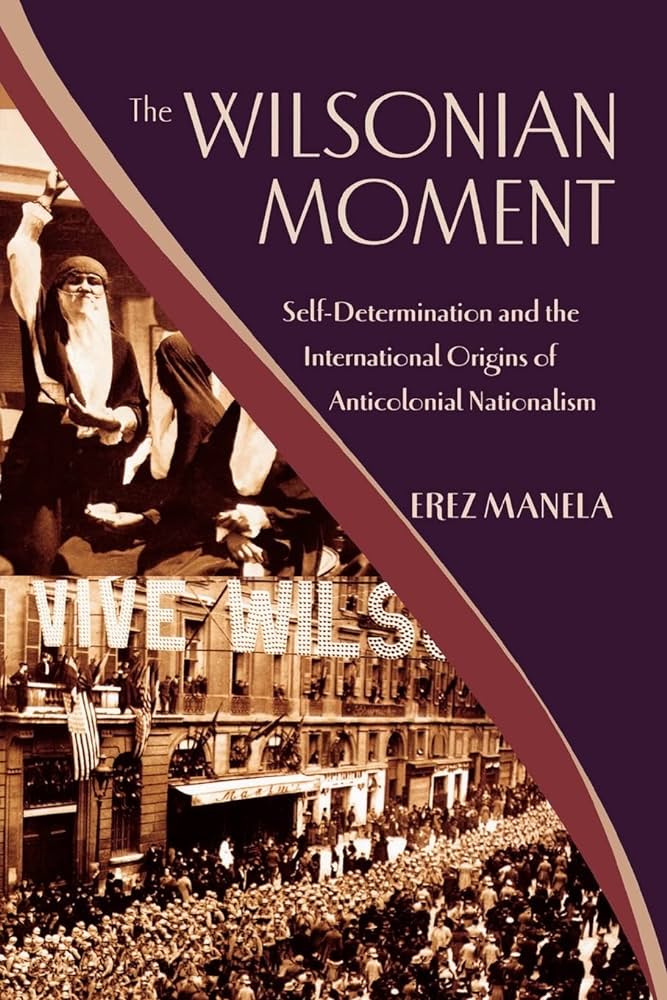
Words carry power more than they are ascribed. This is especially true with words that emanate from major diplomatic events. During the Paris Peace Conference of 1919, while key decisions were debated by the victorious Allied powers, a multitude of smaller nations and colonies held their breath, waiting to see how their fates would be decided.
Ho Chi Minh, a Vietnamese nationalist, even traveled all the way to Paris to try to meet the key architects of the Peace Conference of 1919, only to fail to meet any one of the interlocutors. The rest as they say, is history. Humiliated and slighted, Ho Chi Minh launched a war against the French and subsequently American occupiers in Indo-China, leading to the deaths and displacement of millions.
At the Paris Peace Conference in 1919, President Woodrow Wilson was afflicted by a stroke. But he persisted with his diplomatic endeavor, by not returning to Washington DC for a good several weeks. Indeed, President Woodrow Wilson, in his Fourteen Points, had called for “a free, open-minded, and absolutely impartial adjustment of all colonial claims,” equal weight would be given to the opinions of colonized peoples and the colonial powers. These words acquired their own weight by virtue of the anti-colonial energy that was simmering across various corners of the world.
Among those nations that paid close attention to Wilson’s words and actions were the budding nationalist leaders of four disparate non-Western societies: Egypt, India, China, and Korea. This is an impressive book in the sense that the historian Erez Manela captured the dynamics of all four countries.
That spring, Wilson’s words ignited political upheaval in all four of these countries. This book is the first to place the 1919 Revolution in Egypt, the Rowlatt Satyagraha in India, the May Fourth movement in China, and the March First uprising in Korea in the context of a broader “Wilsonian moment” that challenged the existing international order. By this token, the world was already more inter-connected than one cared to admit. A pebble thrown into the pond of Paris was enough to create a ripple to various parts of Asia.
Using primary source material from America, Europe, and Asia, historian Erez Manela tells the story of how emerging nationalist movements appropriated Wilsonian language and adapted it to their own local culture and politics as they launched into action on the international stage. The rapid disintegration of the Wilsonian promise left a legacy of disillusionment and facilitated the spread of revisionist ideologies and movements in these societies. Future leaders of Third World liberation movements Mao Zedong, Ho Chi Minh, and Jawaharlal Nehru, among others, were profoundly shaped by their experiences at the time. It also paved the way for the rise of Korean leaders like Park Chung Hee who ruled with an iron fist, yet ensured the economic growth of Korea..
The importance of the Paris Peace Conference in 1919 and Wilson’s influence on international affairs far from the battlefields of Europe cannot be underestimated. Now, for the first time, one can clearly see just how the events that played out at Versailles sparked a wave of nationalism that is still resonating globally today.
